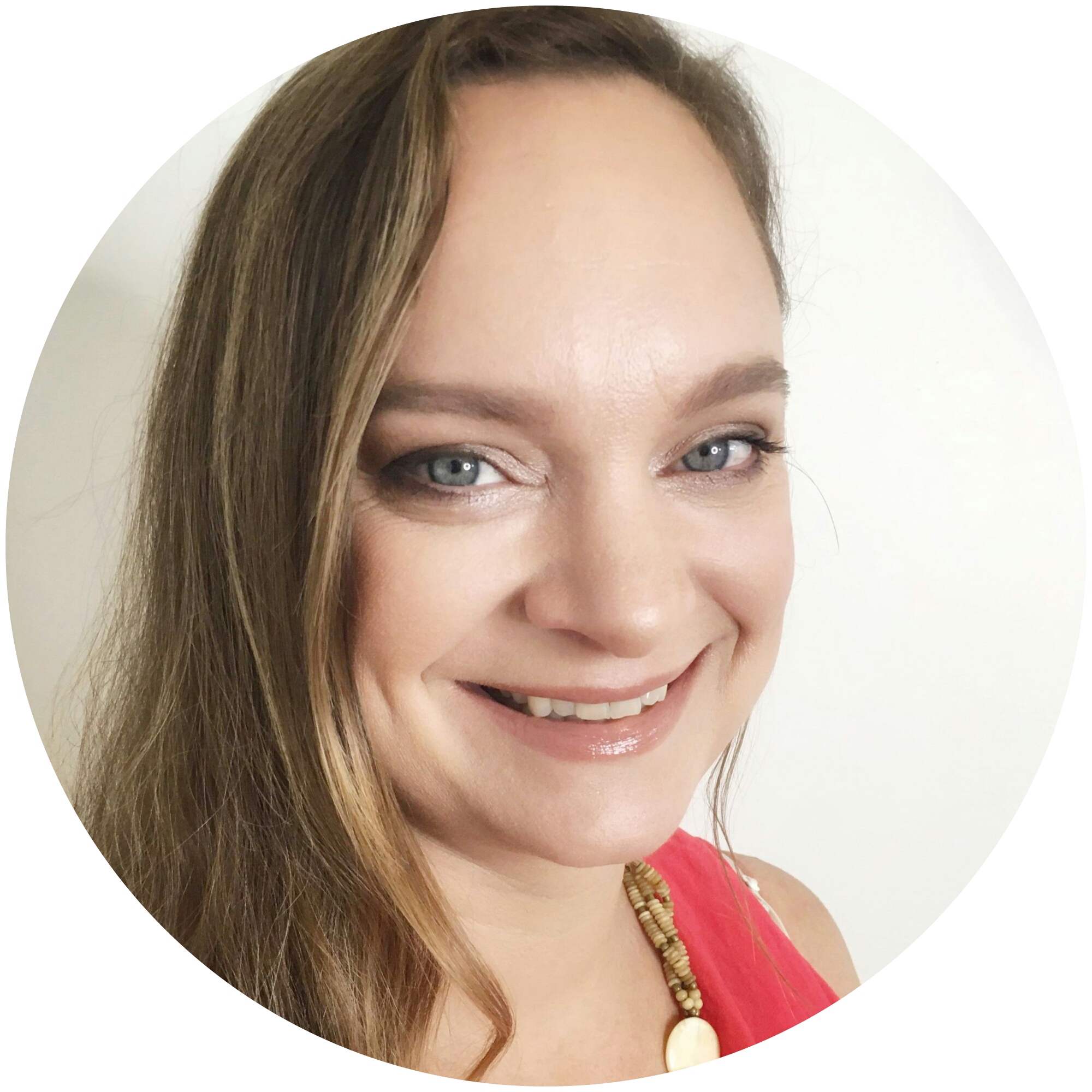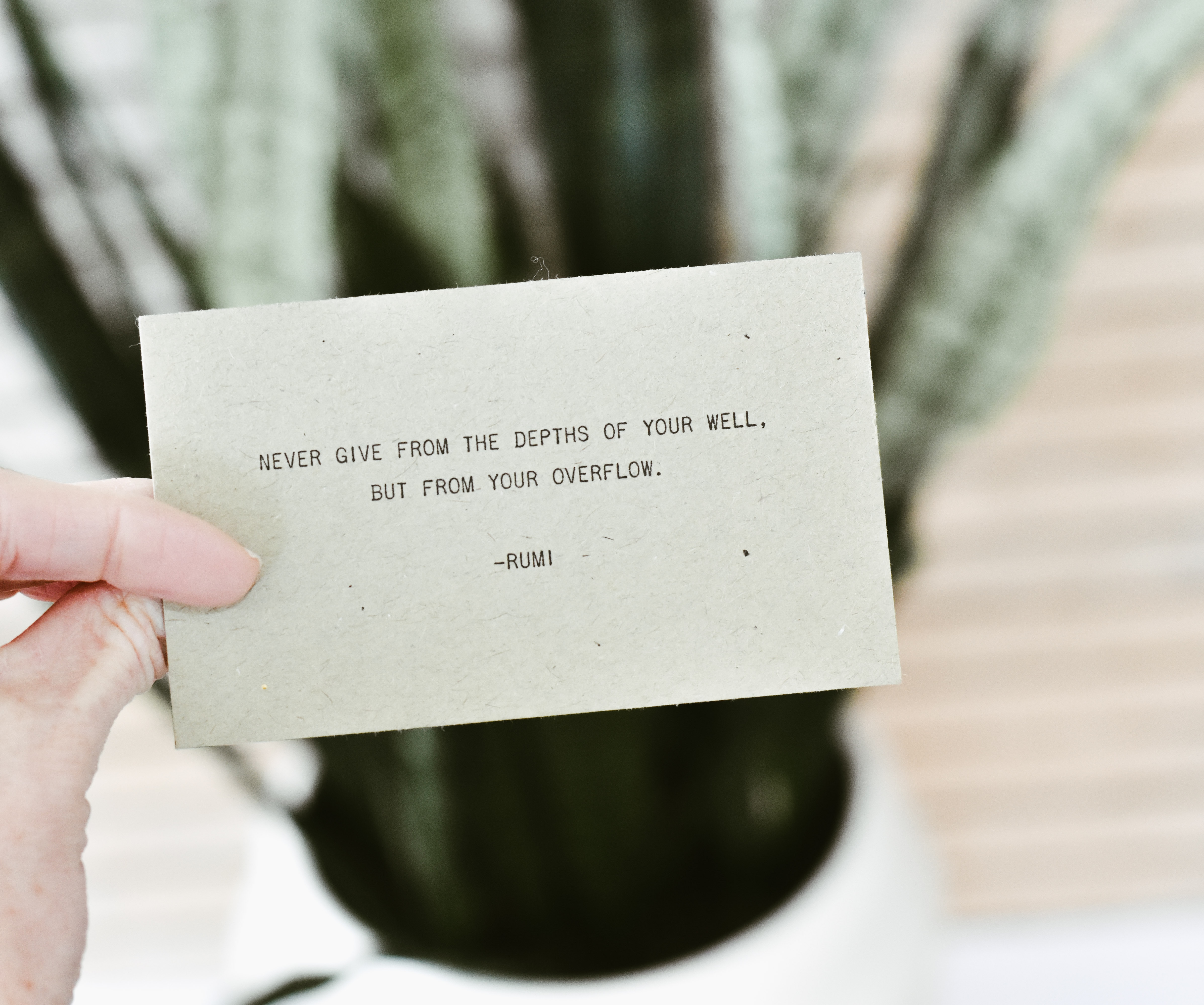Becoming a parent. I knew it was going to be hard. In fact, I was terrified. Could I handle the responsibility of keeping another human alive? Raise them to get the most out of life? To be happy and successful?
To manage my fear I did what all new parents do. I read some books, I talked to my peers. And I put a lot of thought into how I could be the best parent for my children.
I thought I had it all covered. But it turned out, the biggest source of stress being a first time parent was not looking after the child. It was learning how to look after myself.
Where the problem began
The first few weeks and months of parenthood are all about the basics. Keeping the baby fed, slept, changed, fed over and over in a repeating cycle. Everyone is running on adrenaline and excitement of the newness of it all.
And then sometime around three months, reality starts to kick in. For us, our baby was getting a lot more sleep at night. Not the 7-9 hours required as an adult. But once your baby starts sleeping for more than five consecutive hours. The general consensus in the parenting world is to stop complaining, and be grateful.
Which became a common trend as a new parent. The idea that gratitude should surpass self care. Expressing how hard the parenting experience is as a new parent, is frequently met this way:
It’s all part of being a parent.
“I’m so tired from my baby waking up three times last night!”
Is met with comments such as:
“Only three times! You’re lucky, at that age my baby was up five times a night.”
Often these comments often come from a good place. Parents trying to tell new parents they are not failing, that this is normal. And it might be normal. But de-prioritizing our physical and mental health is not a requirement of parenthood.
Our entire focus was on our fear of not doing everything right for our child. Was he getting enough sleep? Was he feeding enough? Were we doing the right amount of tummy time? Or whatever other seemingly arbitrary rule or trend that year.
The Stress set in
The stress begins to manifest itself after a few months reality set in. We had a baby now. One that might sleep some nights, and not others. A child that was entirely dependent on us. So we did what most new parents do. We completely put aside our own needs.
In new parent communities, there can be an undercurrent of resistance to self-care. We as parents can get so caught up in comparing ourselves to others that we convince ourselves that self-care is an indulgence. Even within couples, practising self-care can cause animosity. If one parent is able to practice self care and the other is not, it can quickly lead to tension. And a feeling of inequality of roles at home.
For me, it took far too long to realize I didn’t actually know anything about self-care. I had always considered it an optional extra. Once I had children, I had to make some major course corrections in my life. And one of the first things to go was my own self-care.
When I knew things had to change
It took getting completely run-down to realize self-care should not be reactionary. That in fact it should be proactive. For both my physical health, but for my mental health as well. I was exhausted. With no energy. And I wasn’t very happy. I thought I was just putting my family first, as is expected as a new parent.
Eventually I got to a place where I was so tired and run down, I knew I had to make a change. I was in the middle of what I knew was an amazing time in my life. But I couldn’t enjoy it. My physical health was suffering. And so was my mental health. Which was when I came to accept this truth. If I wanted to be the best parent possible for my children, I was going to have show up as that person. I was going to have to learn how to practice real self-care.
Practising real self care as a parent was something that took me awhile to learn. I had to get past my fear of judgement. And remember that the best parent for my children was a healthy one. A person that took proactive steps to be physically and mentally healthy. That role modelled that behaviour for their children. That was the parent I wanted my children to have.
How could I ever hope to teach my children to value their own health and well-being, if I so clearly did not value my own. I needed to develop a self-care mindset.
7 Tips for practising self-care as a parent
1. Don’t EVER compare yourself, your parenting, marriage, or child to others. We are different people, as are our children. It doesn’t matter who walks first, talks first, or gets back into their pre-pregnancy jeans first. Breastfeeding vs bottle? Well that depends on what’s right for your family. How you deliver the baby? Same answer. There are so many factors involved. It would literally be impossible to accurately compare them. And even if we could, why would we?
I’ve learned to be confident knowing I do not have to share my family’s parenting decisions with anyone else. It’s our business, not theirs.
2. Limit time spent on social media. It will impact sleep quality, especially if getting enough is a challenge already. It can also increase feelings of inadequacy by comparing ourselves to what we see of others. Social media is a highlights reel – it’s not reality. But it can negatively impact your mental health if utilized too much.
3. Prioritize sleep. If might seem like it’s more important to stay up and do the laundry, clean the house, or have some alone time. But sleep it fundamental to our physical and mental health. It is not worth sacrificing sleep to try and get ahead (household chores, work, lone time, etc). Lack of sleep will cause you to fall further behind then what you might accomplish saying up late.
4. Be active outside whenever possible. Vitamin D from the sun is essential to regulating mood and sleep. As is exercise. It might be a walk while pushing a stroller or using a baby carrier. But getting outside and moving is a cornerstone of a healthy lifestyle.
5. Eat nutrient dense food. For time poor parents, particularly when you haven’t had enough sleep, it can be hard to get the nutrition we need. Lack of sleep produces increased levels of ghrelin, the hunger hormone. It can also increase our levels of cortisol. Both of these hormones can cause to feel hungrier. And crave foods like salty carbohydrates. Instead of worrying about complicated dishes, keep simple healthy snacks on hand. Like veggie sticks, fruit, nuts, and seeds.
6. Find your social support. It might be friends, mum’s group, family, or your community. Social inclusion is a fundamental part of a mentally healthy lifestyle. Even if none of the other self-care needs are being met. Having a strong social network can have a positive impact on your health.
7. Get rid of non-essential commitments. A major cause of stress is being unable to set and maintain boundaries. Specifically with competing forces in our lives. Career, family, friends, commitments, community, school, sports clubs, volunteer work, hobbies. Focus on the people, commitments, and activities that can answer yes to the following question: Does this support the life I am trying to lead?
If yes, then it stays. If no, then it’s gone. It really has to be that simple.
The number one thing I have learned since becoming a parent is to prioritize practising real self care. That does not mean making time to occasionally go to the spa or get my nails done. It does means being proactive and not reactive in my health and wellness needs. Self care is also prioritizing my mental health as much as my physical health. What I eat, getting exercise, enough sleep is a great place to start. And while doing so, learning to not compare myself to others.


